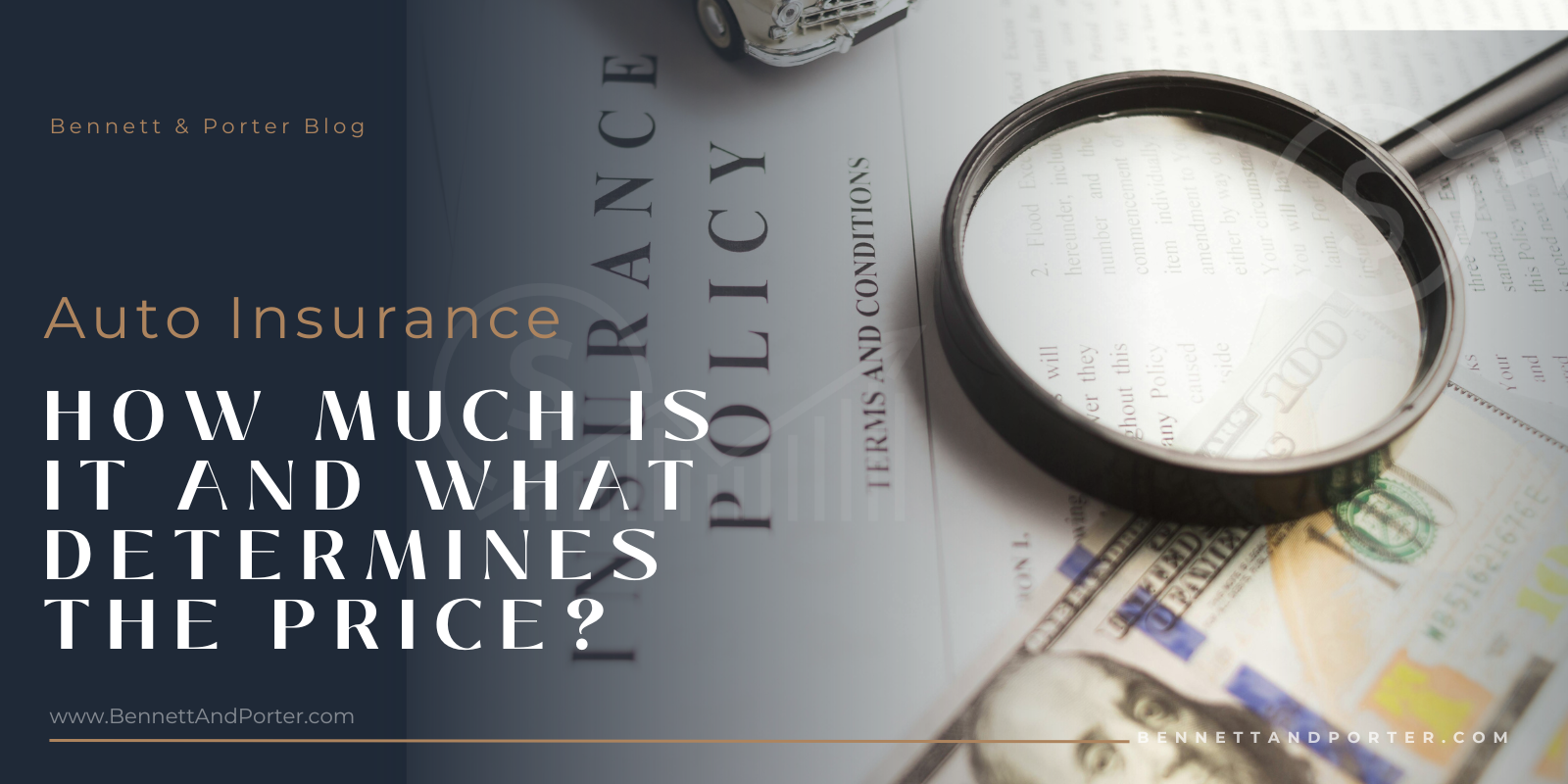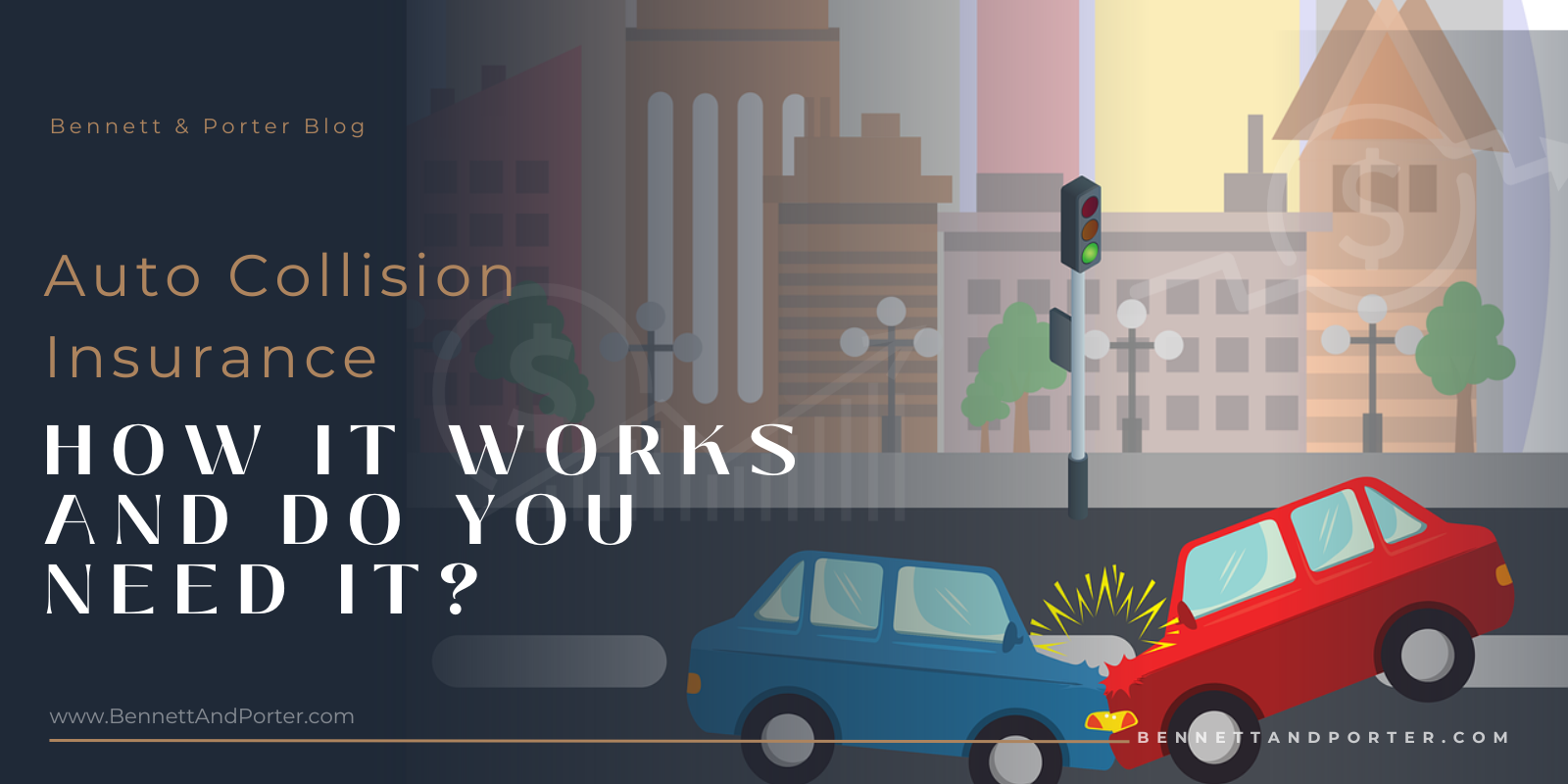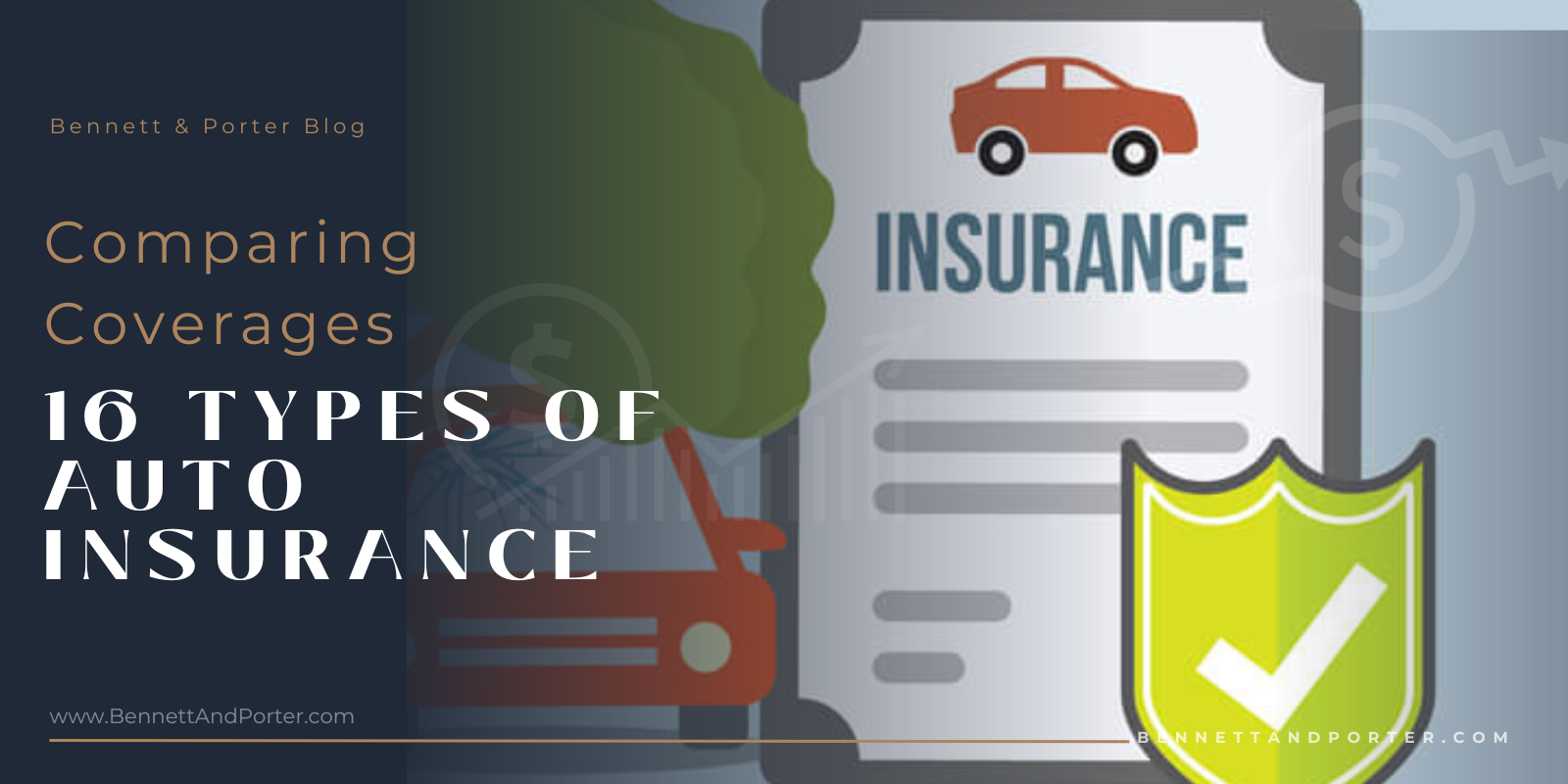How much is auto insurance in your state and what will determine the cost? Are you paying more or less than you should be and should you consider switching up your coverage?
If you have questions – we have the answers.
Let’s see how much is auto insurance, and what you can expect to pay based on your age, driving record, vehicle type, and more.
The Factors That Determine the Cost of Car Insurance
Before we get into how much is auto insurance and the price of your premium, let’s take a look at the things that determine the cost.
The Vehicle’s Make, Model, and Age
Your vehicle’s make, model, and age will have a huge impact on the cost of your car insurance. When setting rates, insurance companies consider the average cost of claims for different types of vehicles.
More expensive, high-value vehicles cost more to repair and replace, which is why they typically cost more to insure. That means if you’re driving a newer, more expensive model with advanced safety features, you’ll have to pay a higher premium than if you were driving an older model with lots of miles.
Moreover, driving a sports car labels you a higher risk than driving a minivan, for example, equaling a more expensive insurance policy.
Not only that but the brand of the vehicle you’re driving will also affect your auto insurance premium. By automaker, the highest car insurance on average is for Dodge, while Mazda seems to have the lowest premium.
Cost of Replacement
The cost of replacement is one of the largest contributing factors to an increase in premiums. Regardless of the make or model of the vehicle, the cost of replacement has increased across the board. Not only have the prices of parts increased, but there are also incredible time delays in part production, largely due to the effects of the pandemic.
That is all to say, even if you don’t have a claim history, you will be forced to pay a higher premium thanks to this factor (and a few others).
Your Age
Your age can impact your insurance premiums considerably, especially if you are under 25 or over 75. That’s because insurance companies look at perceived risk when determining your rates.
As a driver under 25 years of age, you are considered inexperienced and statistically more likely to make mistakes or take unnecessary risks behind the wheel. On the other hand, older drivers are at a higher risk of getting into accidents after the age of 70.
That said, the highest you can expect your premiums to be are for ages 16 to 25, with the average cost for a 16-year-old sitting at close to $7,000.
Your Location
Both your location and your garaging address, or where you park your car at night, will affect your auto insurance rates. If you live in a large city, you should expect to pay more than someone living in a rural area.
Some of the reasons for the higher premiums for larger cities include:
- More drivers on the road equals higher chances of collision
- Higher rates of vandalism and theft
- Covered or protected parking spots are more scarce in bigger cities, leaving vehicles more vulnerable to damage
In addition to rural vs. urban, another factor to determine how much is auto insurance is the state itself. If your state often sees hurricanes or heavy storms, you’re more likely to pay for car insurance. Also, if your state is densely populated, the coverage can increase, too.
But more than that, states have different car insurance minimum coverage requirements. If you’re in a state that requires more than liability insurance or mandates higher policy limits, you’ll probably have to pay more for coverage than people in other areas.
The states with the cheapest insurance are Maine and Ohio, while drivers in Michigan and Connecticut pay the highest rates.
Your Driving Record
Your driving record and how good or bad it is will have a huge impact on your premiums. If you don’t have any tickets or a history of accidents, you might be able to save some money on your coverage with claim-free discounts that many insurers offer.
It’s also important to note that different types of accidents and moving violations have different risk ratings and impact your car insurance rates differently. The time a ticket or violation stays on your record will vary from one state to the next, but it’s typically 3–5 years. That said, certain violations, like DUIs or DWIs, might stay on your record longer.
Also, a speeding violation of 1–5 mph above the speed limit can increase your premium by upwards of $409 annually. What’s more, three or more accidents on your record could result in a rate of $3,620 (depending on the state).
Gender
Another factor to determine how much is auto insurance is the gender listed on your driver’s license. Men tend to see higher premium rates as they’re perceived to take more risks while driving and get into accidents more often.
However, certain states don’t allow gender to be used as a factor in determining insurance rates. These include:
- California
- North Carolina
- Hawaii
- Massachusetts
- Pennsylvania
- Michigan
Marital Status
A person’s marital status in most states, except Michigan and Massachusetts, will impact the cost of coverage. Married drivers tend to see smaller rates on their insurance compared to single drivers.
The reason marital status impacts insurance premiums is down to rating and discounts. Many companies see married drivers as less likely to take risks, more financially stable, and safer drivers.
Not only that but married drivers are also more likely to qualify for multi-vehicle discounts compared to single drivers.

Credit History
Your credit history can also impact your insurance premiums as many companies view it similarly to your driving history. If you have a lower credit score, you’re considered more likely to take chances behind the wheel and to be high risk.
That said, the same states, except for Pennsylvania and North Carolina, that banned using marital status for insurance rates have banned companies from using credit scores to determine rates.
Claims History
Every time you make an insurance claim or a claim that you weren’t found at fault for, you could see an increase in your premium. If you have a long claims history, you’ll probably see your rates go up.
However, some insurance companies are now offering accident forgiveness for first-time, at-fault accidents. These prevent your rates from going up if you’ve only had one violation. Also, keep in mind that all claims will stay on your record for 3–5 years.
Deductible
Most of the factors that we’ve listed that determine how much auto insurance is are out of your control. However, you have a direct impact on your deductible and how much you want it to affect your premiums.
Generally speaking, the higher your deductible is, the lower your rates will be. That said, you should only put down an amount you’d be comfortable spending in case of an accident or theft.
Types and Amounts of Coverage
Beyond just meeting the minimal coverage requirements for your state, you also have access to many different types of coverage. The ones you choose and the amount of coverage you need will impact your bottom line.
How Much Is Auto Insurance?
So how much is auto insurance for you and what can you expect to pay?
Well, as you’ve seen, that answer doesn’t have one simple answer as it depends on so many factors. That said, minimum coverage, depending on these factors, has an average annual cost of $622, while the average cost falls around $2,000.
On a monthly basis, drivers can expect to pay an average of $168 for full coverage, while the minimum coverage is around $52 per month.
It’s also important to note that Maine has some of the lowest average premiums at around $941, while the most expensive state is Michigan with $2,691 per year.
How Much Is Auto Insurance by Vehicle Type?
As we mentioned earlier, the vehicle you’re insuring is going to have one of the biggest impacts on price. Insurance companies perceive some makes and models as higher risk, thus becoming more expensive to insure.
Here are some of the reasons your vehicle might be considered high risk:
- Luxury and sports cars are more expensive to repair and can increase the risk of at-fault accidents.
- SUVs, vans, and larger vehicles weigh more and can carry more passengers, which could potentially cause more damage in accidents.
- Common, affordable vehicles are susceptible to theft and vandalism due to having fewer security measures.
- Hybrid and electric vehicles also tend to have parts that are expensive to replace.
On the other hand, the only vehicles that see lower insurance ratings are ones with high safety ratings. These tend to have lower base rates because drivers and passengers might be less likely to be injured in an accident. Also, if they have features like anti-lock brakes or passive restraint systems, you might get an added discount, depending on your provider.
How Much Is Auto Insurance in Arizona?
Now that you know the national average, the question is how much is auto insurance in Arizona?
The average annual annual premium in Arizona is $204 less than the national average at around $1,810. However, if you live in Phoenix, your average is going to go up to around $2,164, which is $150 more than the national average.
Final Thoughts
So there you have it, the answer to the question: how much is auto insurance? As you can see, it’ll depend on so many different factors that it’s difficult to determine without having all of the facts.
So if you want to learn how much auto insurance is for you – get in touch with us. We will walk you through the best coverage types for you and give you the top quote.
Our insurance professionals have worked with thousands of individuals, providing unmatched expertise and service. With access to dozens of industry-leading carriers, we can find the best rates for our clients.
Request a complimentary consultation with one of our experts who can help you find the best coverage at the best price! Call Bennett + Porter today to get started!








